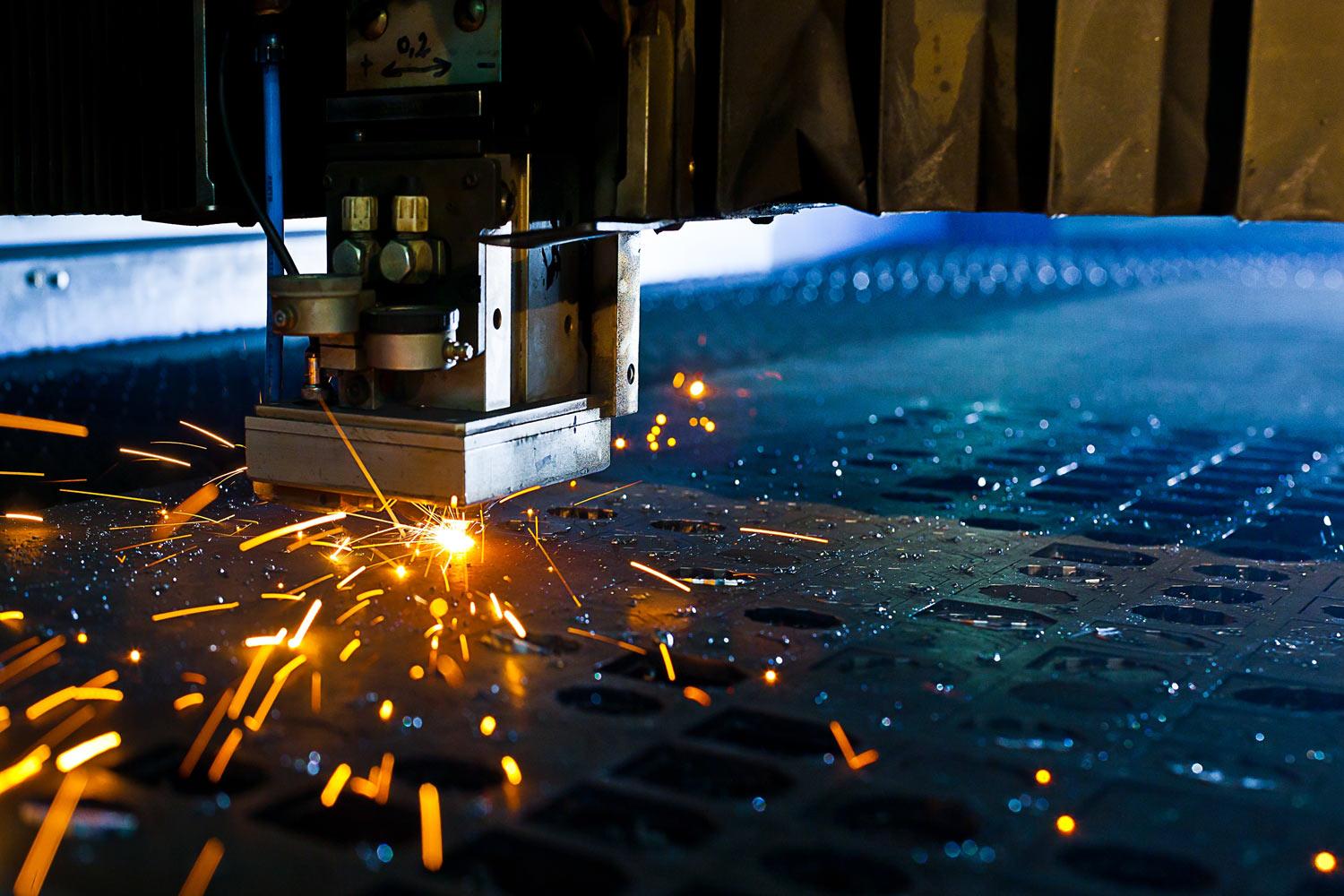
7 principles of the constitution
By: keagan McKinley
Principle 1. Popular sovereignty
This is where the people Make the desicons they are like a apart of the government. This comes from the preamble in the constitution.
Principle 2. Republicanism
People elect representatives to create and enforce laws. The people vote for representatives to go and make great laws and enforce them.
Principle 3. Federalism
Division of powers between the national and state governments. They divided the power up no one government has to much power.
Principle 4. Separation of powers
Dividing the powers of the government among the executive, legislative, and judicial branches. They are making sure no branches have to much power. You can find these in articles 1,2, and 3.
Principle 5. Checks and balances
Allows the branches to make sure th other branches don't have to much power. They make sure each other doesn't have all the power.
Principle 6. Limited government
Individuals can't bypass laws to serve their own intersets. People can't speed just to get to their job on time.
Principle 7. Individual rights
liberties of each individual to pursue life and goals without interference from other individuals or the government.






